Over-compliance with US sanctions puts Iran’s health rights at risk: UN
UN experts have warned that over-compliance with the US sanctions could strip Iranian patients of their human rights, particularly the right to health.
The experts raised the alarm on Tuesday, in the wake of a decision by a Swedish company to halt shipments to Iranian patients suffering from a severe and life-threatening rare skin condition – epidermolysis bullosa (EB) – which causes extremely painful wounds. The firm’s produced bandage reportedly offers the most effective treatment to alleviate pain and prevent life-threatening infections, the Office of the United Nations High Commissioner for Human Rights said.
According to the experts, the Swedish bandage maker decided to stop doing all business with Iran, including authorized humanitarian trade, after the United States, under former President Donald Trump, reinstated sanctions against Iran in 2018, out of fear for secondary sanctions.
“Many banks and businesses, including pharmaceutical and medical companies around the world over-comply with sanctions out of fear of potential penalties.”
“They refuse to finance exempted trade or to conduct the corresponding transactions with sanctioned countries. This has prevented the Iranian business partner of that Swedish company from being able to import the bandages, even though medical and other humanitarian goods were announced to be exempt from the sanctions.”
The experts said the decision has deprived children and others suffering from EB in Iran of fully enjoying the right to health. They quoted a UN Special Rapporteur who emphasized that the denial of access to pain relief is a breach of the right to be free from inhuman treatment if the result is severe pain and suffering, and even if it occurs unintentionally.
“This is only one of many examples sadly illustrating the plight of thousands of people, including children, caused by over-compliance with sanctions by third parties out of fear of being sanctioned in turn,” the experts said.
They emphasized that the Swedish company’s decision along with the actions of the country’s government violates their international responsibility to ensure the entire range of human rights.
Iran’s EB Home and several lawyers filed a complaint against Molnlycke Health Care, the Swedish medical device company, in June over its refusal to sell medical products to Tehran under US pressure.
The UN experts further warned of apparent gaps in the due diligence processes applied by the Swedish company and government to anticipate and prevent human rights consequences arising from the actions of business enterprises and their partners.
“While companies are free to decide where to sell their products, companies that produce critical medical and humanitarian goods have a special responsibility,” they said. “When sales of a medical product that improves the right to health and prevents suffering are halted in a country, and no equivalent alternative product is available, that right is harmed for people who were helped by it.”
A special UN rapporteur, Alena Douhan, has reached out to the Swedish company and government to resolve the problem and address any broader shortfalls that exist in their human rights due diligence processes.
As many as 300 children born with the EB condition face the risk of death because Swedish medical companies which provided protective bandages for such patients have halted supplies because of the sanctions.
Often known as butterfly children – since their skin is as fragile as the wings of a butterfly – EB patients need special care. Even mild frictions or bumps cause severe blistering of the skin, which is agonizing. They often have difficulty with daily activities, such as walking, eating and even breathing, but without proper protective bandages, their agony is heartbreaking.
Hamas says will not disarm, demands stronger ceasefire guarantees
Iran rejects coercion, calls on West to ‘reverse course’ for trust-building
Yemen’s Ansarullah, ousted regime agree to release 2,900 prisoners
Venezuela denounces US for ‘greatest extortion in history’
VIDEO | Israeli strike kills three in Lebanon as regime mulls renewed war
VIDEO | Hundreds gather outside UK Ministry of Justice, demanding strikers’ release
VIDEO | Israeli forces launch major military operation in Qalandia, north of occupied al-Quds
VIDEO | Press TV's news headlines


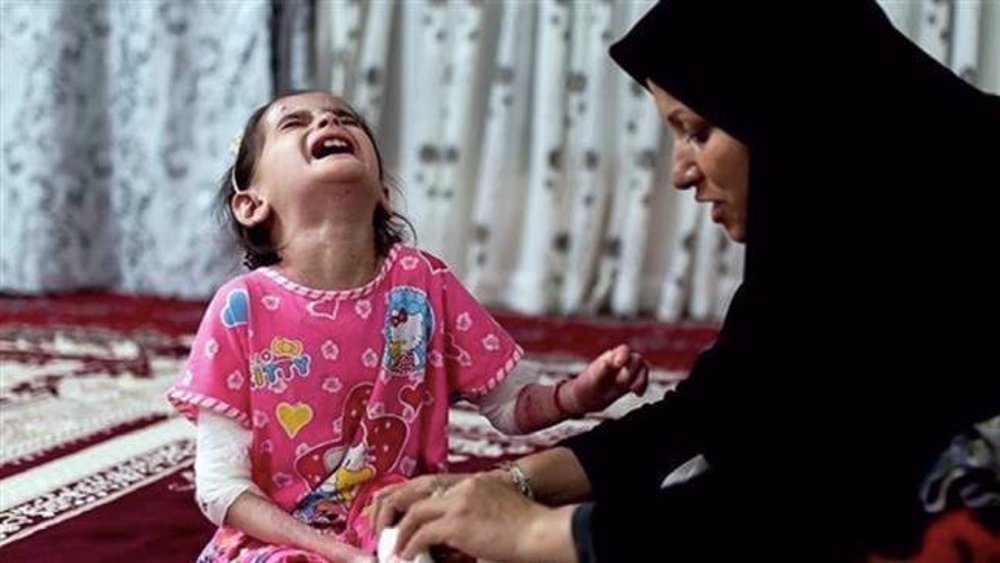
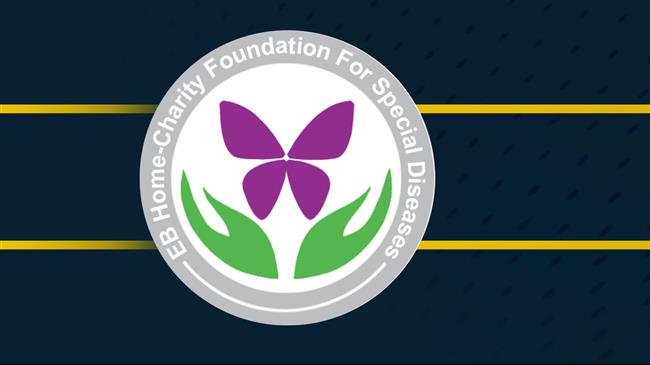
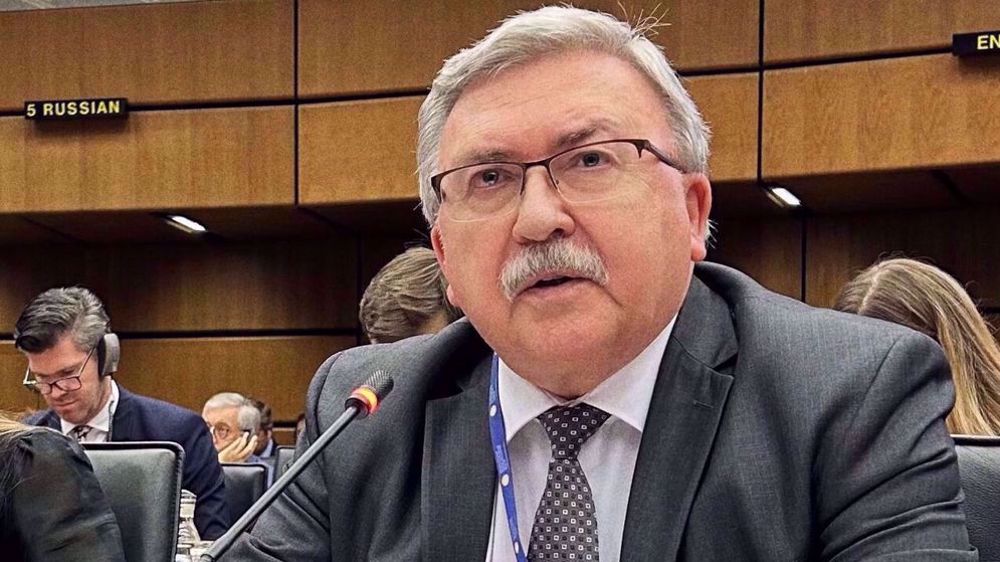
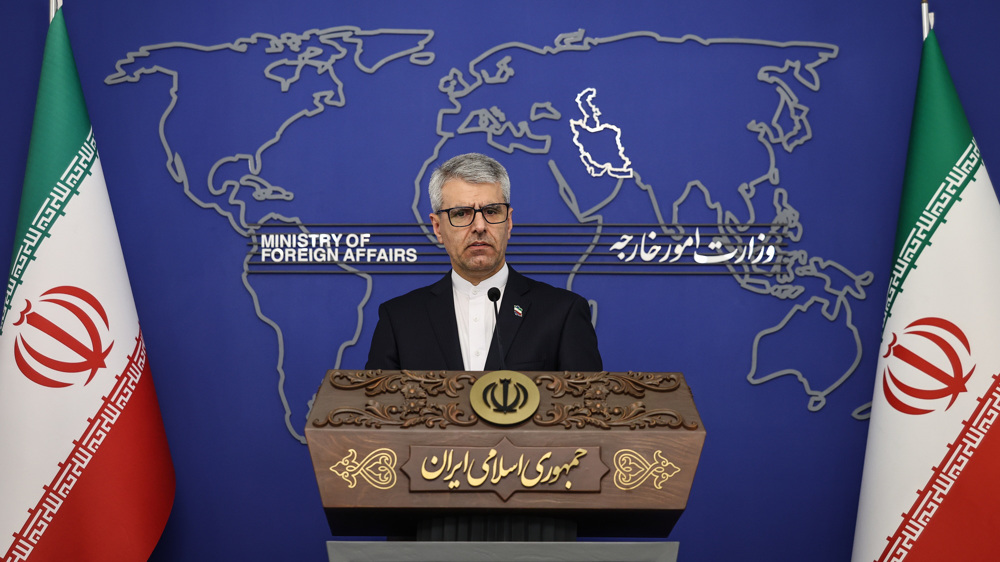
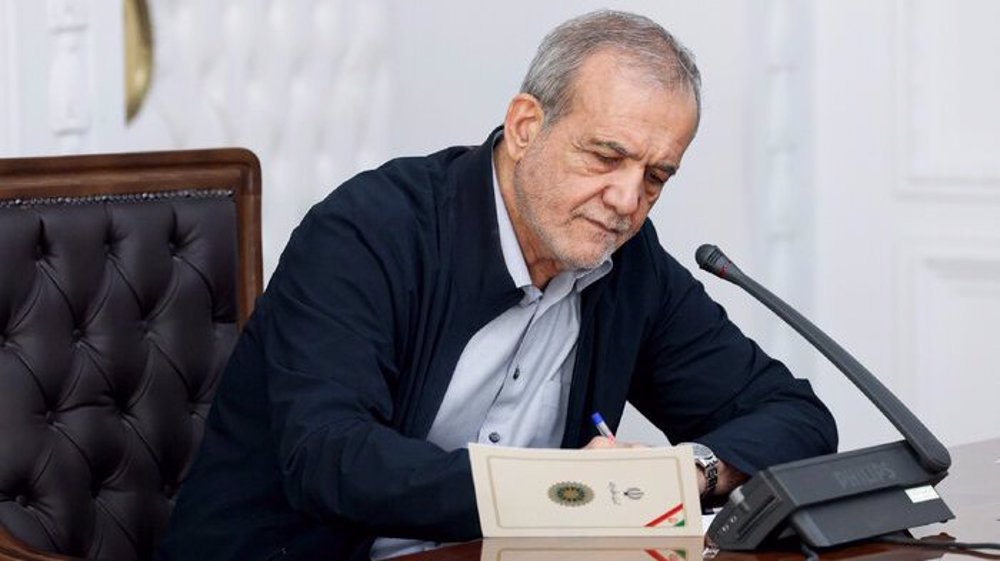




 This makes it easy to access the Press TV website
This makes it easy to access the Press TV website